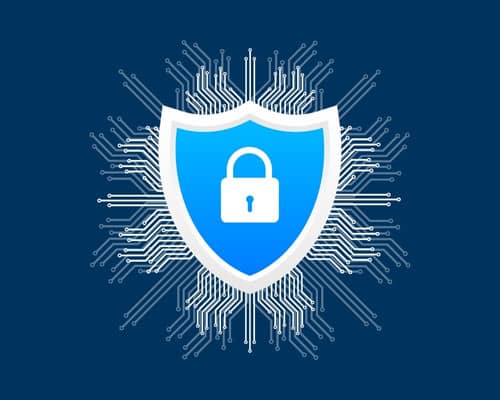Calculating the needs for cyber insurance involves several steps:
-
Assess the Risk: Understand the type of information at risk, how the information is stored, who has access to it, and how it is segregated from other systems. This will help you understand the potential impact of a data breach on your business.
-
Understand the Costs: The average cost of a data breach is about $3.86 million. Understanding these costs can help you determine the amount of coverage you need.
-
Consider the Type of Data: The limits you need to purchase will depend on the number of sensitive records you store, the type of the data, and other tools you use to minimize the fallout from the data breach.
-
Industry Considerations: Your industry and the customer information you store determine how much cyber liability coverage you need. For high-risk businesses like those dealing with health information, purchasing a cyber liability policy with a specific coverage limits may be a smart option.
-
Benchmarking: Many rely on benchmarking, but you must understand its limitations. Benchmarking is populated with historical purchasing data and the cyber market is relatively young. Minimal amounts of quality data in a dynamic area of risk can lead to buying unsuitable limits.
-
Consult with Experts: Insurance brokers and cybersecurity experts can provide valuable advice on how much coverage you need based on your specific business risks. By consulting with experts, you can lower your risk assessments which will ultimately lead to a reduction of your cyber insurance premiums.







